Palestinians in Gaza mark Eid with outdoor prayers in rubble
Residents of the war-ravaged Gaza Strip offered prayers amid the ruins of mosques and homes on Friday for the start of the three-day feast of Eid al-Adha, with little left to celebrate and with food supplies growing ever scarcer.
Palestinians across the war-ravaged Gaza Strip marked the start of one of Islam’s most important holidays with prayers outside destroyed mosques and homes on Friday, with little hope the war with Israel will end soon.
With much of Gaza in rubble, men, women and children were forced to hold the traditional Eid al-Adha prayers in the open air, and with food supplies dwindling, families were having to make do with what they could scrape together for the three-day feast.
“This is the worst feast that the Palestinian people have experienced because of the unjust war against the Palestinian people,” said Kamel Emran after attending prayers in the southern city of Khan Younis. “There is no food, no flour, no shelter, no mosques, no homes, no mattresses. … The conditions are very, very harsh.”
The Islamic holiday begins on the 10th day of the Islamic lunar month of Dhul-Hijja, during the Hajj season in Saudi Arabia. For the second year, Muslims in Gaza were not able to travel to Saudi Arabia to perform the traditional pilgrimage.
In Gaza City on Friday, Sanaa Al-Ghola, a displaced woman from Shejaiyah, stood in the rubble of a badly damaged graveyard near a partially collapsed mosque. She had come to pray for her son, Mohamed al-Ghoul, who she said was killed in shelling last month after going to his grandfather’s house to get flour. His father was wounded in the attack.
“We lost our home, money, and everything,” she said, crying as she held her son’s photo. “There is no more Eid after you’re gone, my son.”
Families at a displacement tent camp in Muwasi faced a grim first day of Eid al-Adha.
Tahrir Abu Jazar, 36, of Rafah, warmed up leftover lentils and cooked rice inside her tent, but said she had no bread to feed her five children, who sat on the bare ground nearby.
“There are no Eid celebrations now as there is no new clothes or sacrificial meat, or monetary gifts, or joy,” she said, reminiscing over Eid days before the war when the children had meat. “My son went out and tried to celebrate Eid and was scared of the warplane, so he came back.”
In the southern city of Rafah, nine people were killed on their way to try and collect humanitarian aid at various distribution points, according to officials at Nasser Hospital in nearby Khan Younis, where the bodies were brought. Eight died from gunshot wounds and the ninth person from shrapnel injuries.
The Israeli military had no immediate comment on the hospital’s claim but said it was looking into the report.
The Gaza Humanitarian Foundation (GHF), a newly formed group of mainly American contractors that Israel wants to use to replace humanitarian groups in Gaza that distribute aid in coordination with the UN, told The Associated Press that reports of violence in Rafah were inaccurate and that aid distribution was completed “peacefully and without incident”.
In northern Gaza on Friday, Israel issued a new warning to civilians saying the military was about to undertake intensive operations in an area after it said rockets were fired toward Israel from the sector.
Meanwhile, the military said four Israeli soldiers were killed Friday in southern Gaza when an explosive detonated as they searched a Hamas compound in Khan Younis, causing part of a building to collapse. Five soldiers were injured, one seriously, spokesperson Effie Defrin said.
The war broke out on Oct. 7, 2023, when Hamas-led militants launched a surprise attack on Israel, killing some 1,200 people, mostly civilians, and abducted 251 hostages. They are still holding 56 hostages, around a third of them believed to be alive, after most of the rest were released in ceasefire agreements or other deals.
Since then, Israel has killed more than 54,000 Palestinians in its military campaign, primarily women and children, according to the Gaza health ministry.
The offensive has destroyed large parts of Gaza and displaced around 90% of its population of roughly 2 million Palestinians.
For the latest news, follow us on Twitter @Aaj_Urdu. We are also on Facebook, Instagram and YouTube.







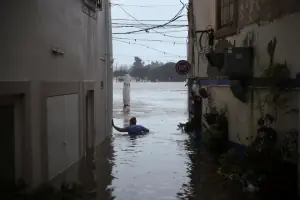
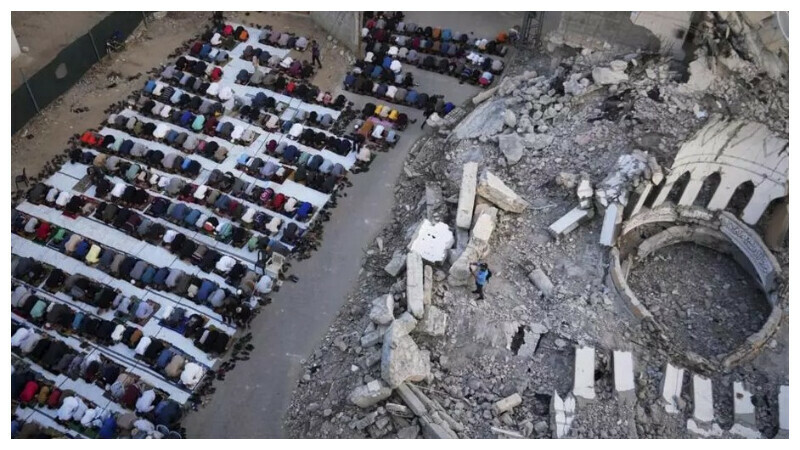

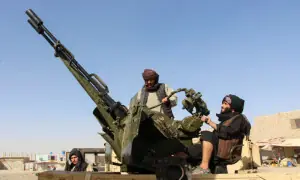
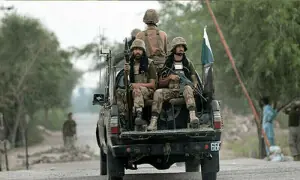


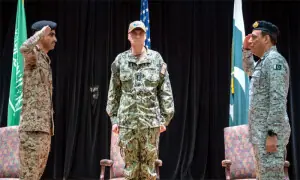

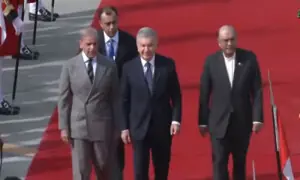
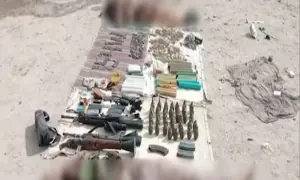


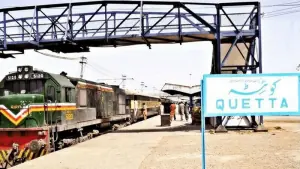



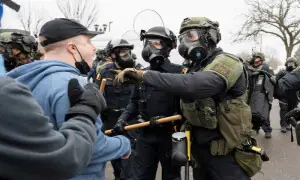
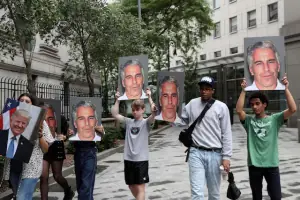

Comments are closed on this story.